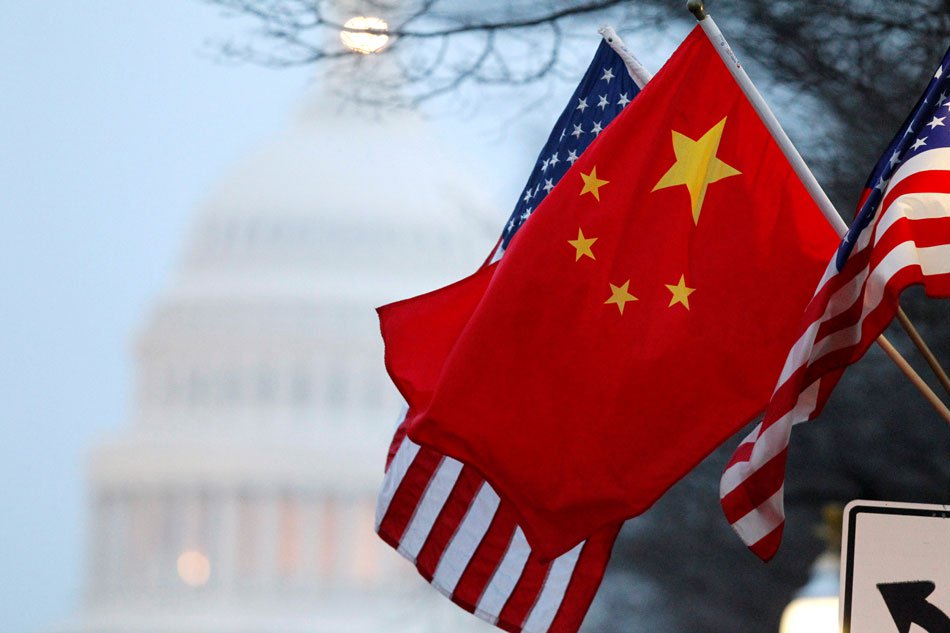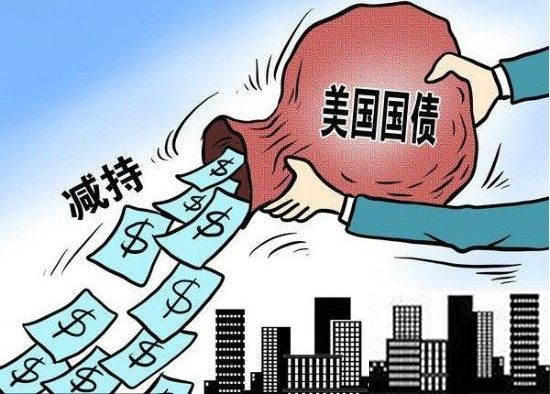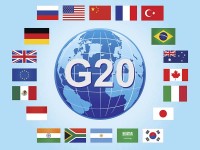Zhou Shijian
Senior Fellow, Tsinghua Center for US-China Relations

Jan 03, 2020
The economy of the United States appears to be in a slide that will continue through 2020. If he expects to win re-election, the U.S. president must find a way to stop it. Ending the trade war with China is a key step.
Mar 28, 2018
Four decades of reform and opening up has brought earth-shaking changes to China, lifting the country from a state of stark poverty to that of initial prosperity. In 1978, China’s economy was valued at only ¥367.8 billion, ranking 10th worldwide; by 2017, it had grown to ¥82.71 trillion, having taken Japan’s place as the world's second largest economy in 2010. The proportion of the Chinese economy in the global total has also risen from 2% to 15%. Chinese per capita GDP grew from $280 in 1980 to $8,813 in 2017. Today's China would not exist had there not been reform and opening up.

Mar 01, 2018
Both sides benefit from economic exchanges.
Jan 23, 2017
China has become a vital trading partner for the US over a long period, with bilateral commerce in 2015 reaching $598.1 billion, accounting for 16% of US foreign trade. The ensuing US trade deficit with China cannot be blamed on – or controlled by –currency exchange rates, and the new administration must think more broadly as it shapes its economic policy.

Dec 15, 2016
Despite recent divesting, China holds a dangerously high share of outstanding US Treasury bonds. Beijing should continue the reduction of these bonds, leaving Japan as the first biggest creditor for the US.

Jun 16, 2016
Printing money and other misguided policies by developed economies in the wake of the 2008 crises were not successful in the long term. China’s policy of supply-side reform is applicable to other countries as well. Different countries may pursue different policies, but the overall theme should be to provide support to innovation, liberalize controls, encourage competition, and expand market access. Adopting this approach at the Hangzhou summit could contribute to rejuvenating the world economy and spur growth.
Feb 29, 2012
Recently, the Wall Street Journal carried an article entitled, “How Much Harm Chinese Goods Can Do to America?”, relating three American researchers’ assumpt
